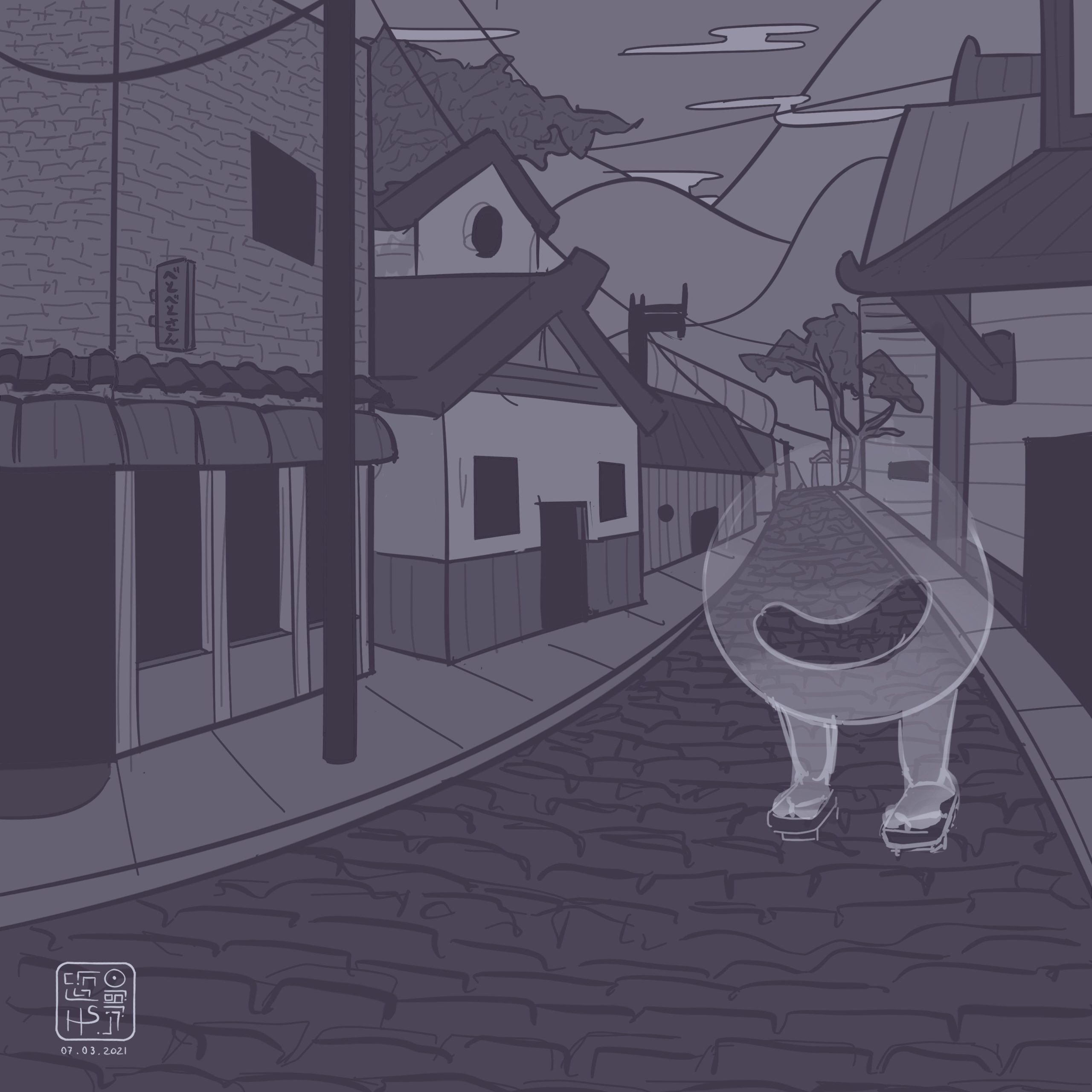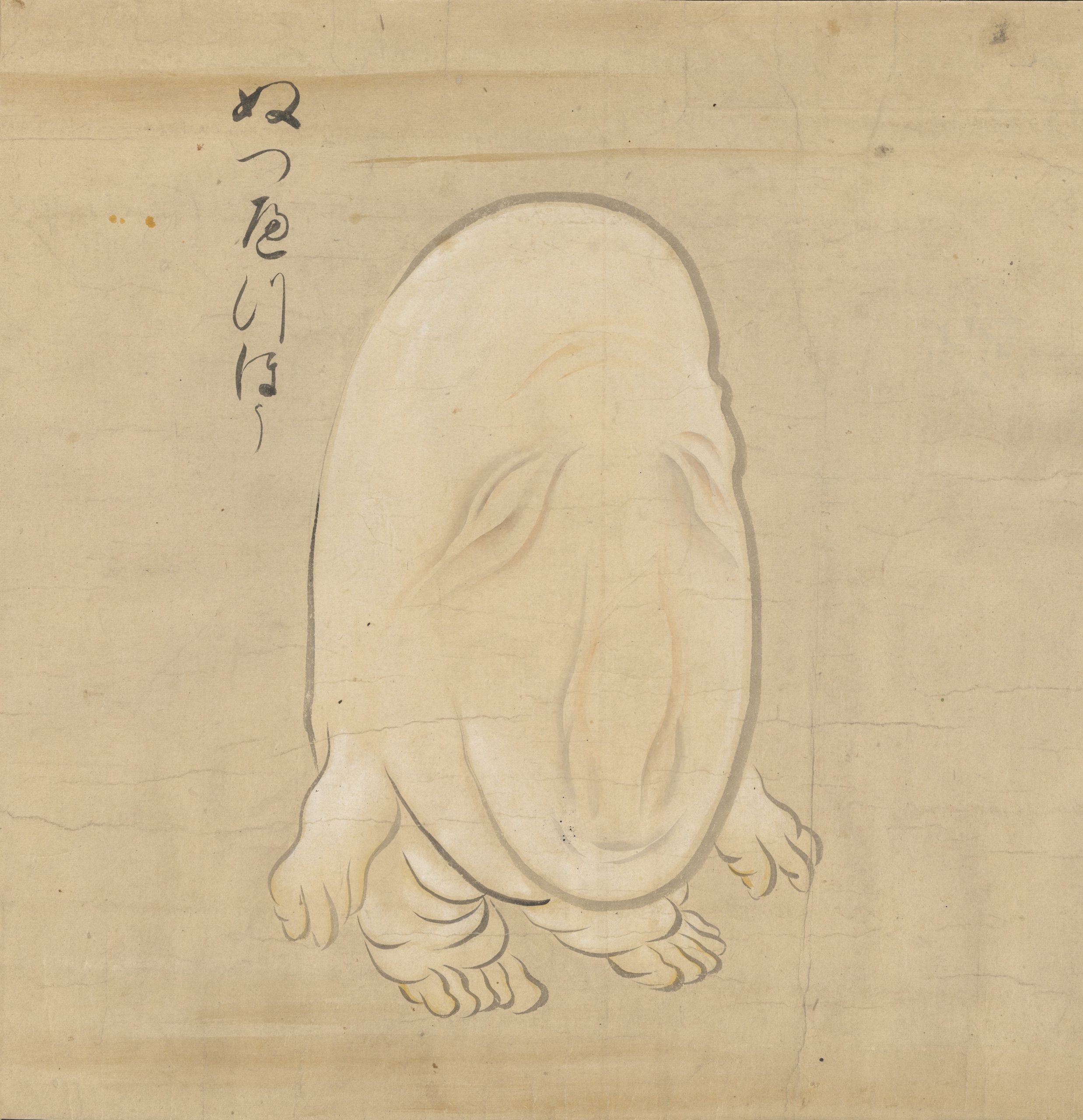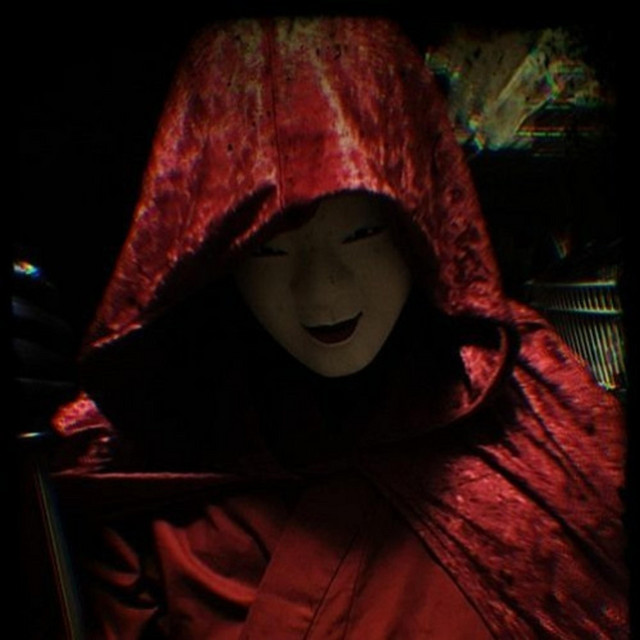Have you ever felt an unexplained presence following you in the dead of night? The feeling that someone, or something, is lurking just behind you, mimicking your every step? This eerie phenomenon is commonly attributed to a creature known as Betobeto-san, a fascinating character from Japanese folklore.
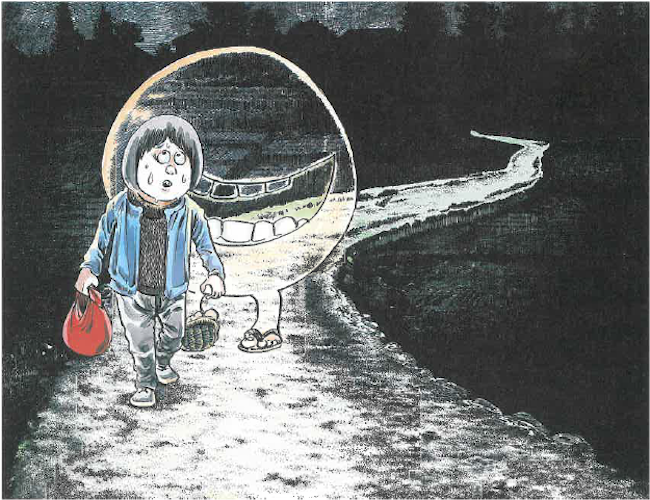
What is Betobeto-san?
Betobeto-san, also known as “Bishagatsuku,” is a supernatural being (or youkai) deeply rooted in Japanese folklore and urban legends. This spectral figure is associated with the eerie sound of footsteps that seemingly follow people walking alone at night. These phantom footsteps are often described as soft but unmistakable, echoing from behind the victim with a persistent cadence.
The name “Betobeto-san” is derived from the Japanese word “betobeto,” which imitates the sound of clacking wooden clogs. It is believed that the entity earned this name due to the unnerving noise it creates as it shadows unsuspecting individuals, instilling a sense of dread and fear.
Who is Betobeto-san?
According to the legend, this supernatural entity is not the ghost of a deceased individual, but rather an otherworldly creature with mischievous intentions. Betobeto-san is said to be a spirit that preys upon people who walk alone at night, particularly in remote and desolate areas. It is commonly depicted as a sly trickster, often targeting individuals who are prone to superstition or fear.
In Japanese folklore, Betobeto-san is described as a faceless being dressed in traditional clothing, such as a kimono and straw hat. The absence of a face adds to the chilling aura surrounding this entity, as it makes it difficult for its victims to identify or confront it directly. Instead, all they can do is listen to the haunting sound of its footsteps drawing nearer.
The legend has been passed down through generations, captivating the imaginations of the Japanese people. It has become a cautionary tale, warning against the perils of venturing out alone at night and evoking a deep-seated fear of the unknown.
Encounters with Betobeto-san
Countless accounts of encounters with Betobeto-san have been shared, fueling the mystery surrounding this supernatural being. Witnesses often describe feeling a presence behind them while walking alone on a secluded road or a desolate path. Initially, they might dismiss the sound as a mere echo of their own steps, but as they quicken their pace, so too does the ominous footsteps, growing louder and more distinct.
The encounter with Betobeto-san is primarily auditory, as the entity rarely reveals itself visually. Victims are left with a sense of unease and paranoia, unable to shake the feeling of being relentlessly followed. Many people who claim to have encountered it speak of the lingering psychological impact, with some reporting recurring nightmares and a deep-rooted fear of walking alone at night.
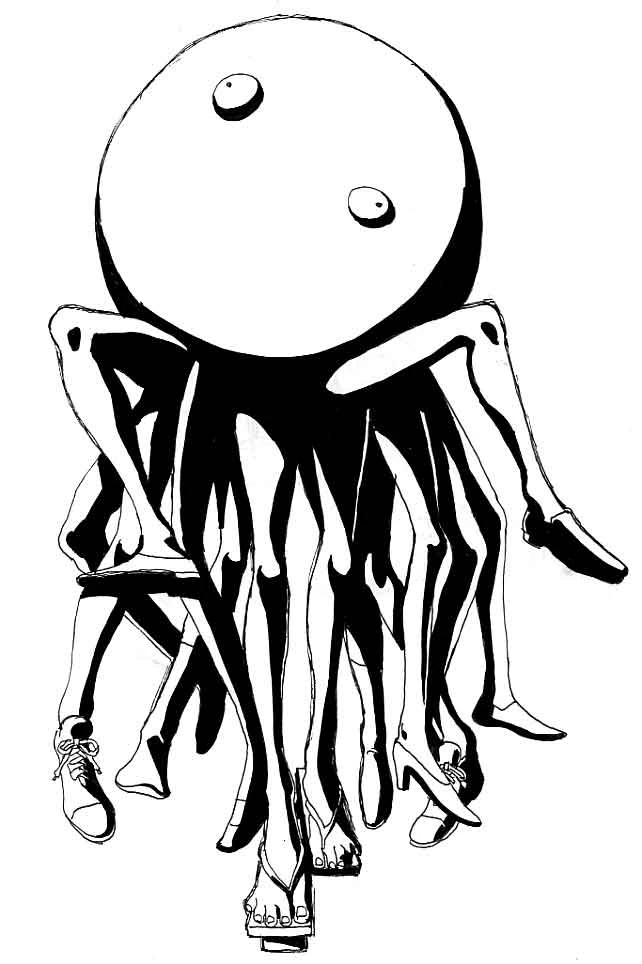
The Origins of Betobeto-san
The origins of Betobeto-san can be traced back to Japanese folklore and the rich tapestry of supernatural tales that have captivated the nation for centuries. The creature’s existence was first documented in the Edo period (1603-1868), a time when urban legends and ghost stories thrived.
In Japanese culture, it is believed that the act of walking alone at night invites the attention of malevolent spirits. This notion likely served as the foundation for the Betobeto-san legend, with the phantom footsteps acting as a cautionary reminder to avoid the dangers of nighttime isolation.
While Betobeto-san may have evolved from traditional beliefs and urban legends, it has also gained popularity in contemporary culture. The legend has been incorporated into various forms of media, including books, films, and video games, further cementing its status as an enduring and captivating supernatural entity.
Interpretations of Betobeto-san vary across different regions of Japan. In some areas, it is believed that Betobeto-san is an embodiment of the restless spirits of those who died lonely deaths or committed acts of mischief in their lives. Others consider Betobeto-san to be a yokai, a class of supernatural creatures in Japanese folklore.
Regardless of the specific interpretation, one common thread remains: Betobeto-san is a symbolic reminder of the importance of companionship and the dangers of isolation. It serves as a cautionary tale, urging individuals to exercise caution when venturing out alone and to stay connected with others, especially during nighttime excursions.
Protective Measures against Betobeto-san
In Japanese folklore, several protective measures have been suggested to ward off Betobeto-san. One traditional method involves politely acknowledging the presence of the entity by saying, “Betobeto-san, oyasumi nasai,” which translates to “Goodnight, Mr. Betobeto.” It is believed that this gesture of acknowledgement and respect can appease the spirit, causing it to disappear.
Another method involves keeping a handful of salt or a talisman in your pocket while walking alone at night. These protective items are believed to ward off malevolent spirits and provide a sense of security.
However, it is essential to note that Betobeto-san encounters are largely considered harmless, with the entity more interested in causing unease and fear rather than inflicting physical harm. The legend of Betobeto-san primarily serves as a cautionary tale and a reminder to prioritize personal safety.
Conclusion
The Betobeto-san legend continues to captivate the imaginations of those intrigued by Japanese folklore and the supernatural. This mysterious entity, characterized by its phantom footsteps and faceless appearance, has become deeply ingrained in the cultural fabric of Japan.
Whether Betobeto-san is a mischievous spirit, a manifestation of restless souls, or a yokai, its presence serves as a reminder of the importance of caution, companionship, and respect for the unknown. The legend of Betobeto-san urges individuals to be mindful of their surroundings, to cherish the company of others, and to exercise caution when venturing out alone, particularly in the eerie hours of the night.
So, the next time you find yourself walking alone at night and hear the subtle sound of footsteps trailing behind you, remember the legend of Betobeto-san, and take solace in the knowledge that you are not alone in experiencing the mysteries of the supernatural realm.
Betobeto-san in Pop Culture
- Betobeto-san is featured in the game series Yo-kai Watch. It’s known as “Skulk” or its alternative name “Bishagatsuku”.


